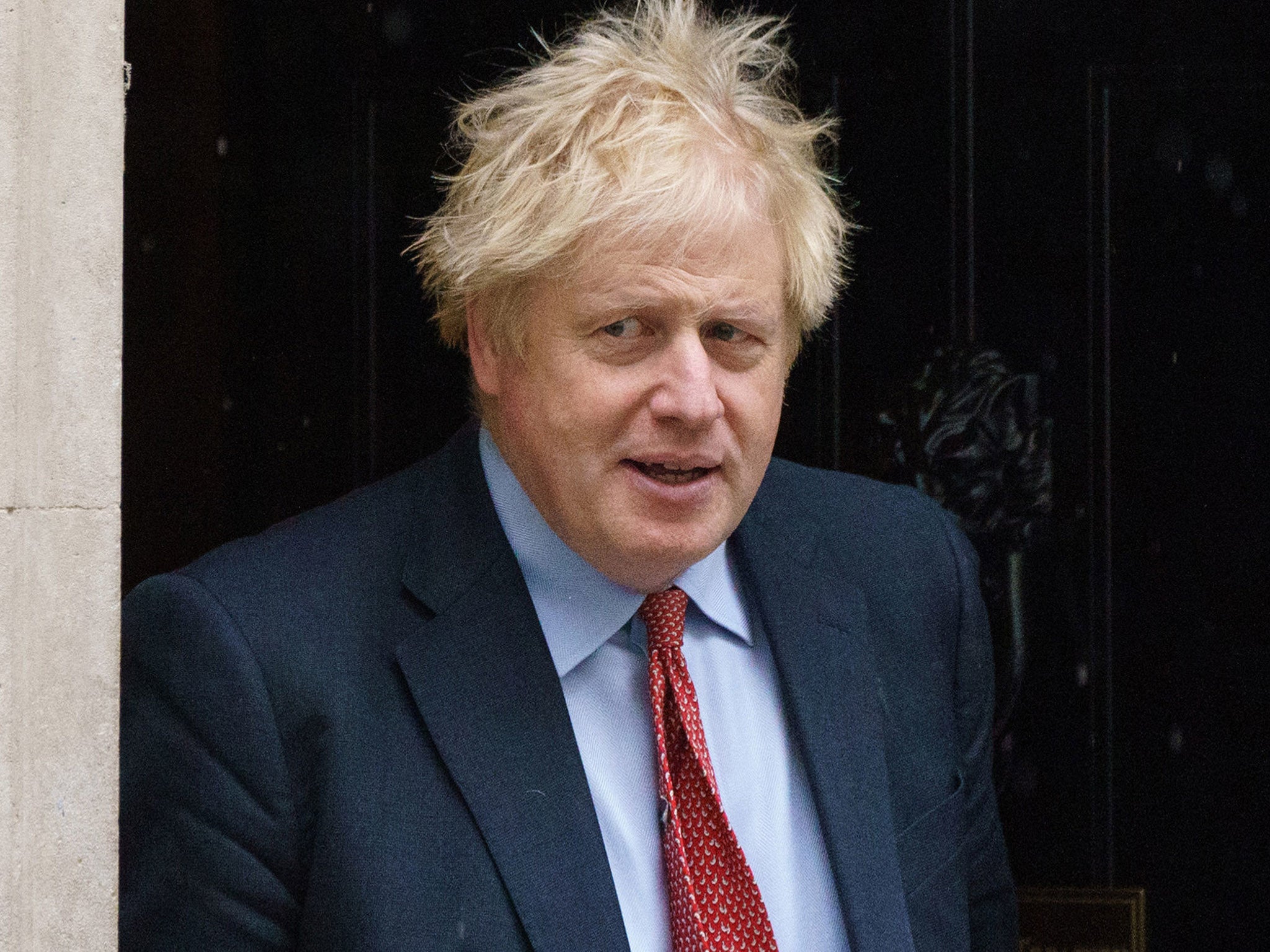Even if Sue Gray exonerates Johnson over Partygate, public opinion won’t
Never mind fines, what matters to voters is that those in No 10 were massive hypocrites, writes Sean O'Grady


Having been delayed and delayed for so many months, will the “full” Sue Gray report into widespread lawbreaking in Downing Street be worth the wait? In other words, will it exonerate the prime minister? Or will it confirm, not only that he broke the law, but that he also encouraged others to do so?
The spin is that the report will make for very uncomfortable reading for Boris Johnson, whatever the Metropolitan Police made of his witness statement. Unless that spin is misguided, or the product of some attempt to massage expectations, and the reality will merely be gruesome rather than appalling, it seems reasonable to assume that the conclusions Ms Gray reaches will turn out to be just as damaging as any number of fixed penalty notices.
From what is known so far about the parties – and other unnecessary, unlawful social gatherings – including the details conveyed in Ms Gray’s interim report, it’s reasonable to assume that the prime minister knew about many of these events, even if he did not attend all of them. Most importantly, he created an accommodating atmosphere in which they could take place.
This is consistent with the sense that even if he didn’t directly encourage people to break the rules, his was an indulgent attitude that allowed those around him to “let off steam” and relax after a tough day. Hence customs such as “wine Fridays”, and the notorious wheelie case ferrying booze from the Co-op. Though he dare not admit it, the PM obviously thought it acceptable that he and his colleagues decide for themselves the risks to their health against their need for a glass of wine and some agreeable company. But that allowance was not extended to the rest of the population, for whom such personal discretion was banned.
No matter how it is dressed up, this attitude is tantamount to collaboration in lawbreaking, and treating with contempt the very laws that the government was imposing on others. It was as if those in No 10 did not believe in all the carefully defined rules about social distancing and indoor gatherings, and thought them only for the little people outside.
It is remarkable that they could do so even as Professor Chris Whitty and Sir Patrick Vallance regularly attended with solemn updates about “excess” deaths and variants of concern. But it seems they did, and the chief culprit in these episodes of screaming hypocrisy was none other than the prime minister himself. It is even odder that Mr Johnson could treat Covid with such insouciance after his own dose of it amounted to a brush with death.
The charge against Mr Johnson – and against very senior officials such as the cabinet secretary, Simon Case – is not so much that they busted the public health laws, but rather that they were massive hypocrites. They did things, said things, tolerated things and failed to stop things happening in Downing Street that the public were banned from doing.
Even the Queen was visibly obeying the rules (and even when Downing Street offered exemptions for the funeral of Prince Philip). The fact is that Mr Johnson was at many of these gatherings, and even if his presence wasn’t strictly unlawful, it was wrong. Ms Gray’s report will, at last, confirm what has been assumed since Partygate broke last December: that those in Downing Street partied while others died and grieved, and Mr Johnson was responsible for allowing them to do so. In the court of public opinion, he was convicted long ago.



Join our commenting forum
Join thought-provoking conversations, follow other Independent readers and see their replies
Comments